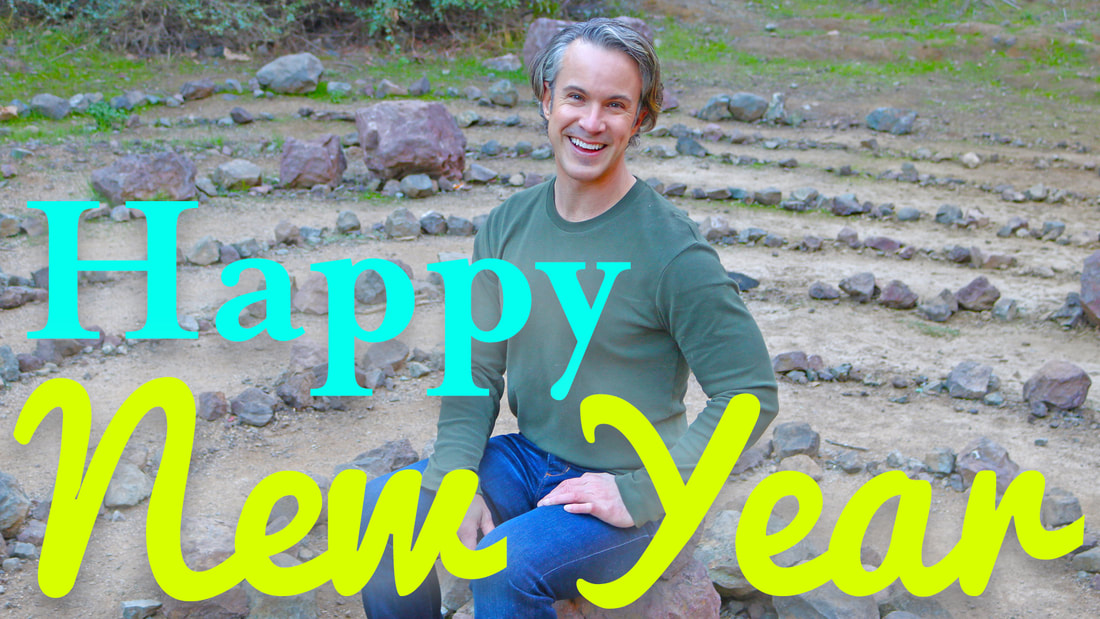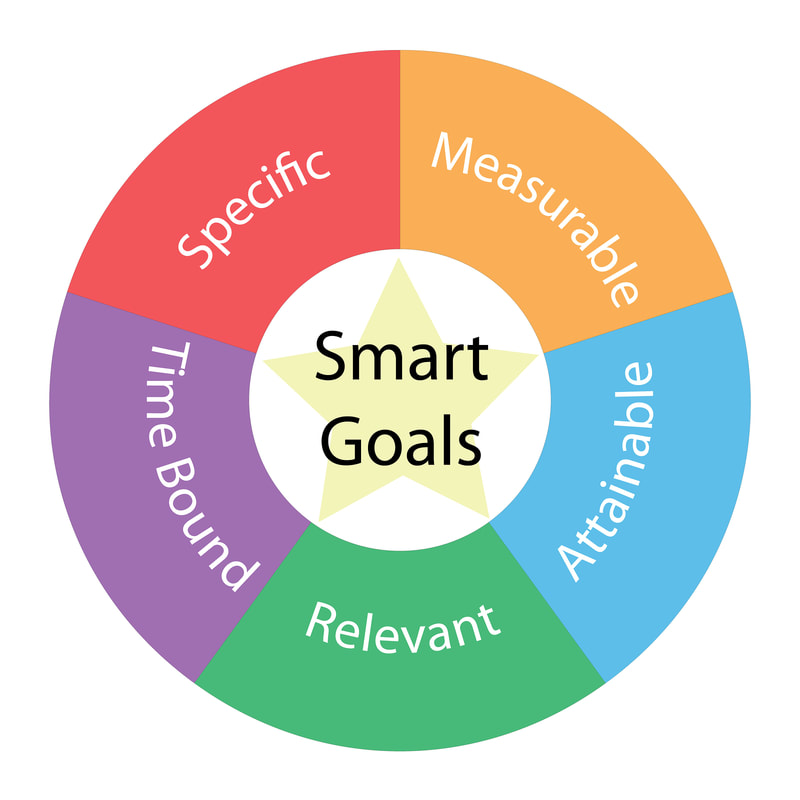Happy New Year!Research at University of Scranton shows 75% of people who make New Year’s Resolutions maintain them past the first week and by six months it’s 46%. However those who make resolutions are 10 times more likely to reach their goals than others who don’t. Improving health tends to be the top resolution: weight loss, exercise, eating better, drinking less alcohol and quitting smoking. Instead of setting yourself up for failure, it’s important to make realistic and achievable goals. You don’t need one more thing to beat yourself up about. Set Realistic & Achievable Goals (SMART):
Stages of ChangeNext, it’s helpful to understand the Stages of Change and to know what stage you’re at:
Additional Recommendations:
Manage Stress Level for Optimal PerformanceLastly, in order to accomplish our New Year’s Resolutions, it’s important to Manage our Stress-Levels:
0 Comments
Leave a Reply. |
Categories
All
Archives
March 2022
�
|



 RSS Feed
RSS Feed